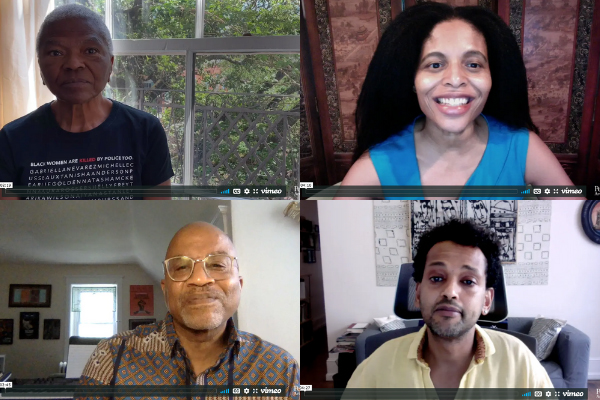The recent killings of George Floyd, Rayshard Brooks, Breonna Taylor, and Ahmaud Arbery, along with other incidents of racist violence, have shined a spotlight on the painful reality that many in our community have long been aware of: the enduring legacy of racism.
In an effort to amplify the messages of the protests, Penn Arts & Sciences created a special series: What Happens to a Dream Deferred? 60-Second Lectures on Racial Injustice. This set of short talks focuses on the history and contemporary manifestations of racism in the U.S., Black lives and culture, and the range of factors that have contributed to this moment.
Introducing the lectures, Steven J. Fluharty, dean and Thomas S. Gates, Jr. Professor of Psychology, Pharmacology, and Neuroscience, explains that the series’ title comes from Langston Hughes’ 1951 poem, “Harlem,” adding, “When we consider recent events in our country, we must not think of them as a response to a single incident. They are the response to centuries of dreams deferred.’
The speakers featured are Mary Frances Berry, Geraldine R. Segal Professor of American Social Thought and professor of history and Africana studies; Margo Natalie Crawford, Edmund J. and Louise W. Kahn Professor for Faculty Excellence, professor of English, and director of the Center for Africana Studies; Guthrie Ramsey, professor of music; and Dagmawi Woubshet, Ahuja Family Presidential Associate Professor of English.
Read more at Omnia.








